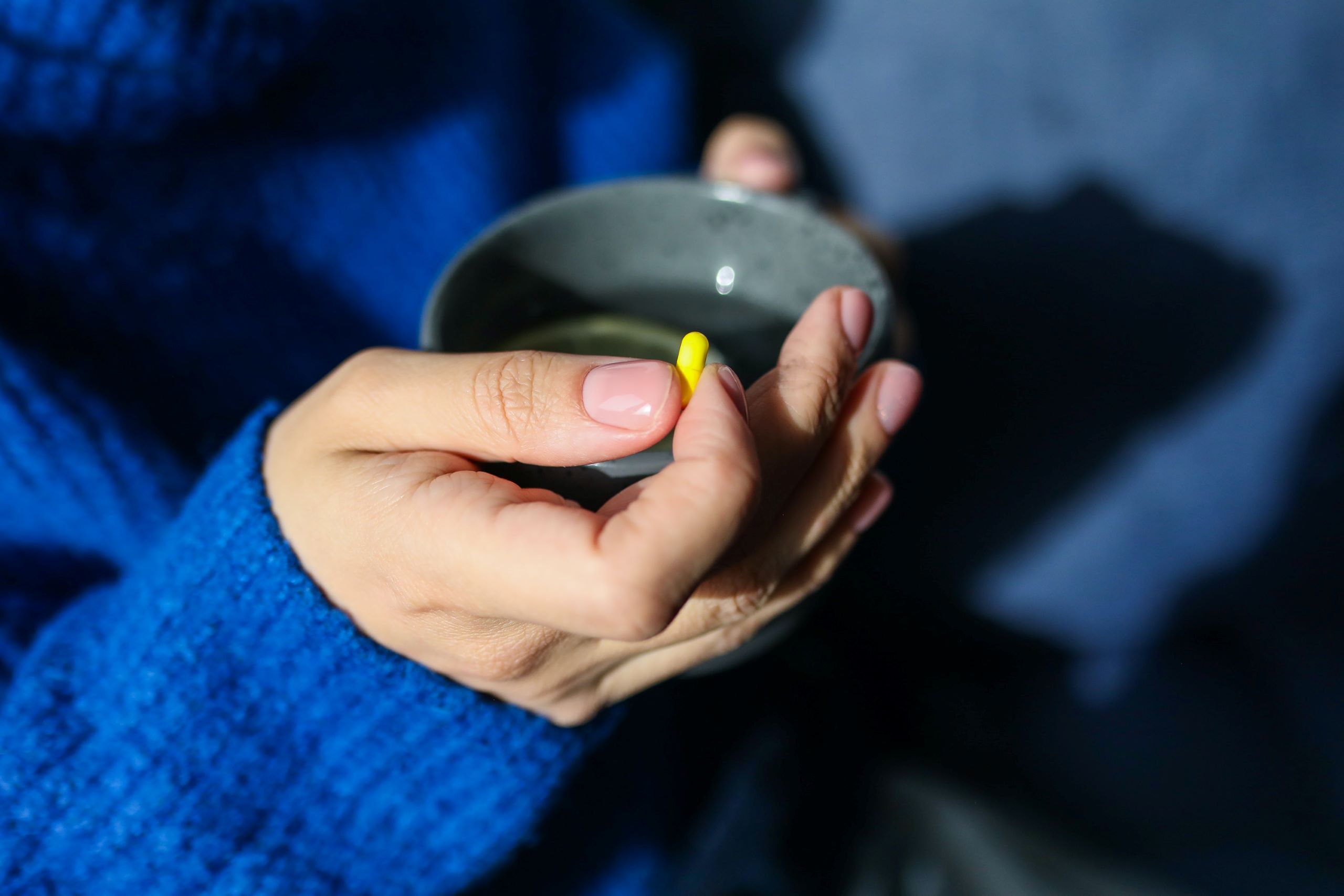Now that the temperature drops and autumn enters our lives dynamically, seasonal flu and colds make their reappearance and with them their unpleasant symptoms.
But there are ways to avoid an infection. Because prevention is always better than cure and probiotics can be the answer to shielding our immune system.
The immune system
Our immune system is made up of many "players" who work together as a team to protect us from threats or to deal with them. These can be injuries, pathogenic microorganisms, toxins, etc.
The first exciting fact about our immune system is that 70% of it is located in our gastrointestinal tract. More than 100 trillion bacteria are found and coexist in our gut. Most of them are friendly to the body and are called "probiotics". Potentially pathogenic bacteria and probiotic bacteria are in a delicate, but extremely important for health, balance between them. The purpose of probiotics is to maintain the health of the digestive system.
Probiotics and immune system
The benefits of probiotics vary and we have analyzed them separately here. However it is safe to say that our gut is indeed the second brain and the good health of the body starts from there.
Probiotics boost the immune system in four ways.
- Enhance the function of the intestinal epithelial barrier. This means that they significantly reduce the chance of pathogenic microorganisms entering the intestine. The number of infections automatically decreases and our immune system saves time and energy and we are saved from an infection.
- Probiotics themselves have antimicrobial activity. We must remember that probiotics, for the most part, are bacteria that try to find their place in the body and survive. Therefore, they see pathogenic bacteria as competitors. This is why they release bacteriocins, antimicrobials, toxic to other bacteria.
Probiotics also produce short-chain fatty acids (SCFAs) as they metabolize fiber, which protects against inflammatory bowel disease.
- Finally, probiotics enhance the immunobiological response of the intestinal mucosa by inducing the production of antibodies and anti-inflammatory agents.
Probiotics generally contribute to:
- Prevent the entry of pathogenic microorganisms into the body through the digestive tract
- Balancing the intestinal flora after the use of antibiotic therapy
- Energy production
- The composition of vitamins
- Weight control
- Reduce the occurrence of allergies
Sources of probiotics
Probiotics can be taken in two ways: Through dietary supplements and through food.
Foods rich in probiotics are: yogurt, kefir, pickles, pickles, dark chocolate, kombucha, kimchi, miso etc.
CROSS Pharmaceuticals's proposal for a dietary supplement with probiotics is LactoBiome. LactoBiome is a dietary supplement with probiotics, prebiotics and vitamins of the B- complex. It is a symbiotic formula for balancing and restoring the intestinal microbiome, with 5 billion live bacterial strains (such as LGG proposed by the World Gastroenterology Organization).
Take home message
Probiotics are the body's small, invisible ally, contributing to its overall smooth functioning. At the same time, however, it is a valuable ally of the immune system, strengthening it in many ways and shielding the body against diseases.
At the same time, it is important to note that once we get sick and need to take antibiotics, probiotics are necessary. Antibiotics have no selective effect and cannot distinguish good from bad bacteria. This has the effect of destroying everything. This, however, disturbs the balance of the intestinal microbiome, which leads to unpleasant symptoms such as diarrhea. Consult your doctor about taking probiotics along with antibiotic treatment and thus avoid unpleasant side effects.
Sources
https://www.ncbi.nlm.nih.gov/pmc/articles/PMC4006993/
https://www.ncbi.nlm.nih.gov/pmc/articles/PMC6224475/



